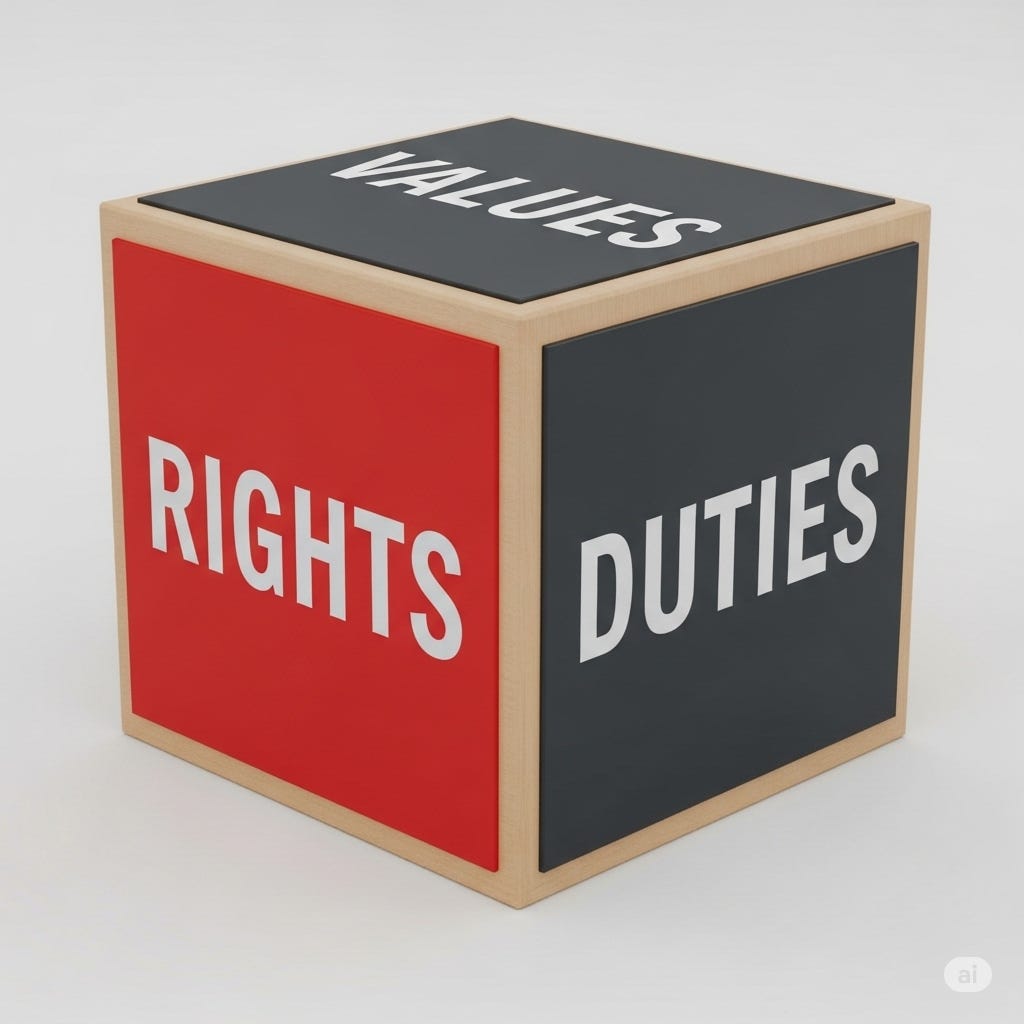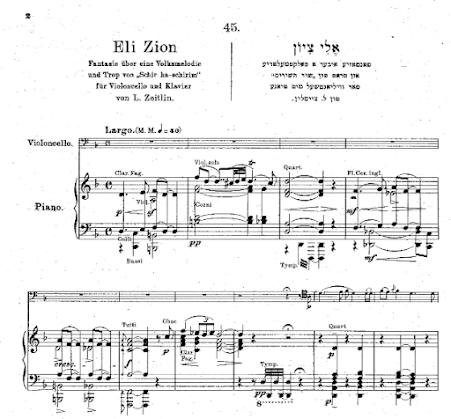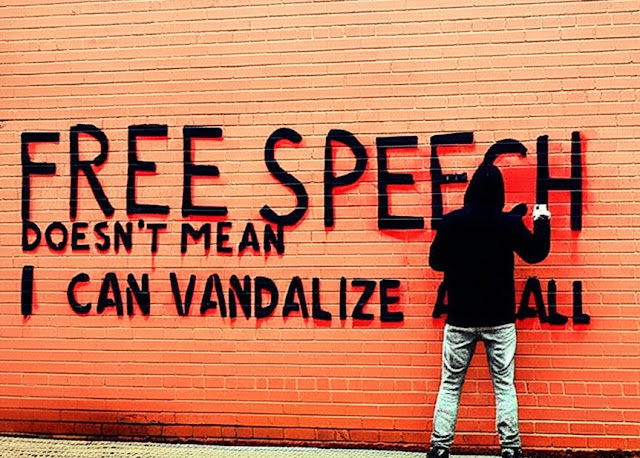In recent weeks, antisemitism has surged with shocking boldness. A New York Times op-ed today openly calls for the end of Israel via a rebranded “right of return.” A Spanish airline deboards Jewish passengers without reasonable explanation. Podcasts now praise Hitler without shame. Jews are being excluded from academic spaces, publishing circles, and professional associations in therapy and law. A major NGO like Amnesty and a country like Ireland can openly engage in Holocaust inversion, accusing the Jewish state of genocide, reluctantly admitting that they had to change the definition of genocide to support the entire edifice. And the rhetoric that fuels this climate like claiming that Israel uses starvation as a weapon when it does more to facilitate food deliveries to their enemies than any nation at war in history - has gone from fringe to mainstream.
Most observers try to explain this with various ideas. Perhaps latent antisemitism was always there, just waiting for a trigger. When global events get overwhelming, people are attracted to theories that can explain everything, and antisemitism as a conspiracy theory is a simple, overarching explanation. Social media monetizes and amplifies the most outrageous hate.
All of these contain truth. But they don’t explain why antisemitism, specifically, is the narrative that gains traction across the far-left, far-right, and mainstream institutions. And they don’t explain why it erupted so quickly after October 7, when the moral horror of a terrorist massacre was almost instantly inverted into global condemnation of Jews.
To really understand what’s happening, we need to recognize something deeper: Judaism is not just a religion or ethnicity. It is a moral system. And that system poses a direct challenge to the dominant ideologies of our time.
Judaism offers a structured ethical worldview rooted in covenant, obligation, peoplehood, and particularism. It resists, and indeed disproves, the dominant ideologies of today:
-
Universalism that erases difference
-
Simplistic oppressor/oppressed binaries
-
Utopian theories of justice unmoored from responsibility or process
-
Movements that define moral worth by who appears more victimized
In contrast, Jewish moral reasoning is complex. It prioritizes life but balances it with justice. It respects both universal dignity and particular commitments. It demands transparency, self-correction, and humility. And crucially, it insists that morality must be acted out through real-world obligations, not just feelings or slogans.
That makes Judaism - and by extension, the Jewish people and the State of Israel - a threat to any ideology that demands total allegiance to its own narrative of good and evil.
This is why accusations like “genocide,” “apartheid,” or “settler colonialism” are so powerful. They aren’t about empirical truth - they’re about moral frame control. These terms are deployed not to describe reality, but to redefine it: to cast Jewish self-preservation as inherently immoral and to erase the moral legitimacy of the Jewish people and Jewish philosophy.
The function of these accusations is not debate. It’s delegitimization. They allow ideological movements to maintain their internal logic, even if it requires rebranding Jewish families burned to death in their homes as obstacles to justice rather than victims.
If you reduce a worldview to a single perceived and self-defined value like "justice" while ignoring other values like the obligation of self-defense, the sanctity of life from all sides and not just one, or the evil of demonizing entire classes of people, you are immoral.
The massacre committed by Hamas was not just ignored — it was reframed instantly. Instead of moral clarity, the antisemites that position themselves as today's ethical arbiters world rushed to moral inversion. Jews defending themselves were instantly pathologized. Palestinian violence was contextualized and excused. Jews who live inside the unquestioned borders of Israel were cast as "settlers." Anti-Israel narratives were amplified. Justified Jewish anger was weaponized against Jews.
This reversal wasn’t spontaneous. It was preloaded. The ideological frameworks, from progressive academia to Islamist propaganda to “decolonial” and "settler colonialism" theory, had already flattened Jews into a category: oppressors with no moral claim.
All they needed was a spark.
Judaism and Jewish ethics refuses to play the good vs. evil game. It teaches that multiple truths can exist in tension, that everyone has moral obligations even if they are cast as "victims," that justice is not a mere slogan but a multifaceted concept that must be balanced with mercy and humanity. Judaism resists simple answers and engages in debate and argument to find the best path forward given the complexities of real life.
This is morally intolerable to ideologies that require emotional absolutes and flatten the world into simplistic, childish black and white categories. Progressivism says everyone is an oppressor or oppressed, decolonial theory flattens everyone into colonizer or colonized, Marxism says you are either bourgeoisie or proletariat, critical race theory paints everyone as either white or non-white. Jews and Judaism, especially when embodied in a sovereign, unapologetically Jewish state like Israel, dismantle these false binaries and become the ultimate irritant. This is not because of what Jews do but because of what Jews stand for - we cross all these artificial boundaries and remain one people.
We cannot fight antisemitism with PR campaigns, fact sheets, or hashtags alone. Even Holocaust education can be weaponized against Jews. The answer is not to defend Jews as victims - which is playing the haters' "victim/victimized" game - but to reassert Judaism as a moral civilization.
-
Teach Jewish ethics not just in religious spaces, but as a counter-framework for moral reasoning (which is the basis for my AskHillel project.)
-
Call out moral inversion - clearly, calmly, and structurally.
-
Show that Jewish particularism is not an obstacle to universal justice, but the only real check against moral tyranny. If your philosophy cannot accommodate Jews, it is illegitimate - period.
-
Stop apologizing for being complex in a world addicted to simplicity and conspiracy theories.
If we don’t defend moral complexity itself, and lose the ability to discuss what exactly "good" means in the real world, we lose more than public sympathy.
We lose civilization.


 Elder of Ziyon
Elder of Ziyon

 Buy
Buy 


.png)

























.jpg)


